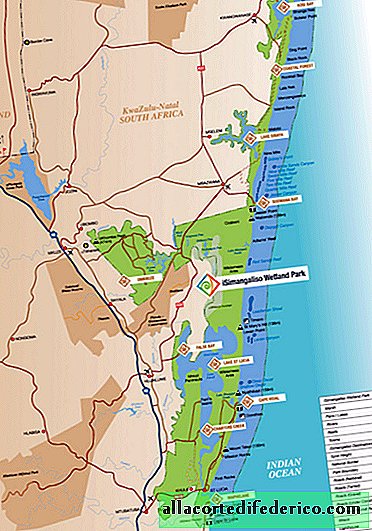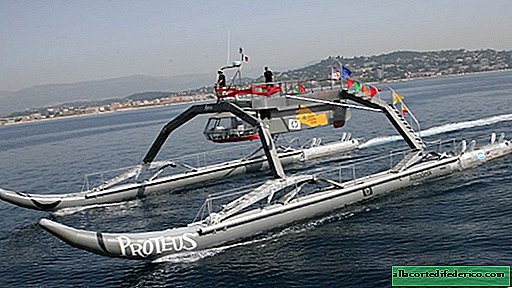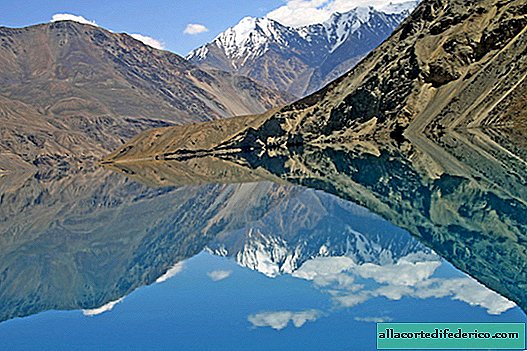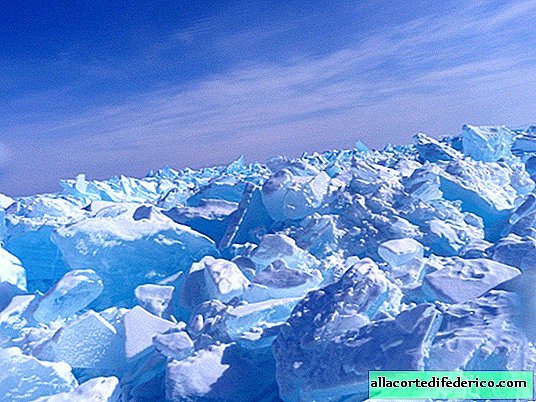Oil and gas could not be: how the USSR almost created a huge sea in Siberia
Thanks to the rich hydrocarbon reserves in Western Siberia, Russia provides most of its own needs for this raw material, and also supplies European countries. But in place of the modern industrial region, there could have been a huge man-made sea, if during the time of large-scale electrification of the country a plan for the construction of the Nizhne-Ob Hydroelectric Power Station was implemented.

The idea of building the Nizhne-Ob Hydroelectric Power Station was not just discussed among designers, it was reported from the stands, and at some point the question of creating the most ambitious man-made sea on the planet seemed almost resolved. The Hydroproject Institute in the 50s of the last century, after a number of successful projects for the construction of hydropower plants in other water bodies of the country, turned its eyes to the Ob River. The benefits of building a dam near the city of Salekhard were simply colossal: a 7.5 million kilowatt hydroelectric power station would cover all the needs of an energy-deficient region, ships could go deep into Western Siberia, which would provide an incentive for the development of timber trade and connect the region with Europe. All this, according to supporters of the construction of the dam on the Ob River, was to breathe life into vast swampy expanses and turn the Tyumen region from an underdeveloped region into a prosperous region.

The project for the implementation of hydroelectric power plants in the lower reaches of the Ob was recognized as economically feasible and was repeatedly discussed at the USSR Ministry of Power Plants. In pursuit of economic benefits, few people thought about the possible environmental consequences.
Everything changed dramatically after the discovery and confirmation of the colossal oil reserves in the zone of the alleged flooding in the 60s of the last century. And although the idea of building the Nizhne-Ob Hydroelectric Power Station was actively promoted by the relevant ministry until the 70s, the choice in favor of oil production was obvious. Oil has been actively sought in the territory of the Tyumen region since the end of the 40s, but geologists did not achieve their first successes only in the 1960s, when industrial reserves of oil were found. And if the oil workers were late with the discovery of rich reserves by only 5-10 years, a grandiose ecological disaster in the vast expanses of Western Siberia would be inevitable.


















